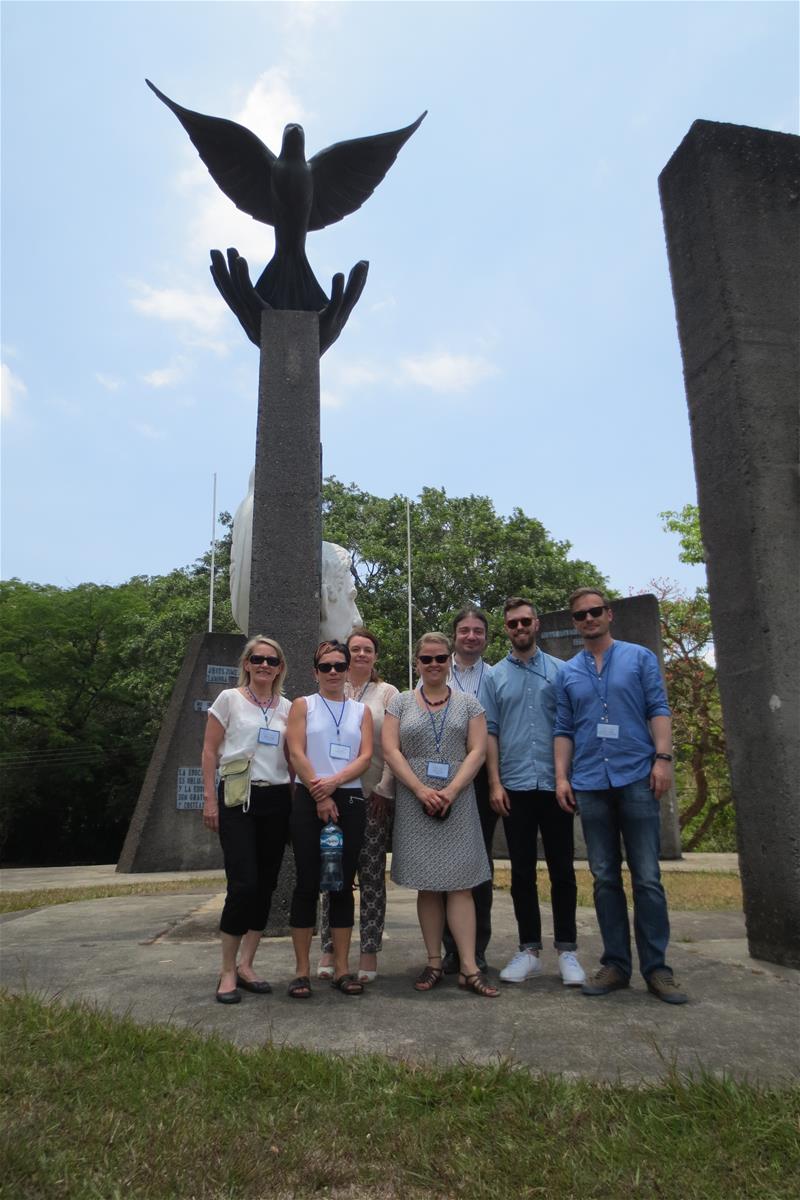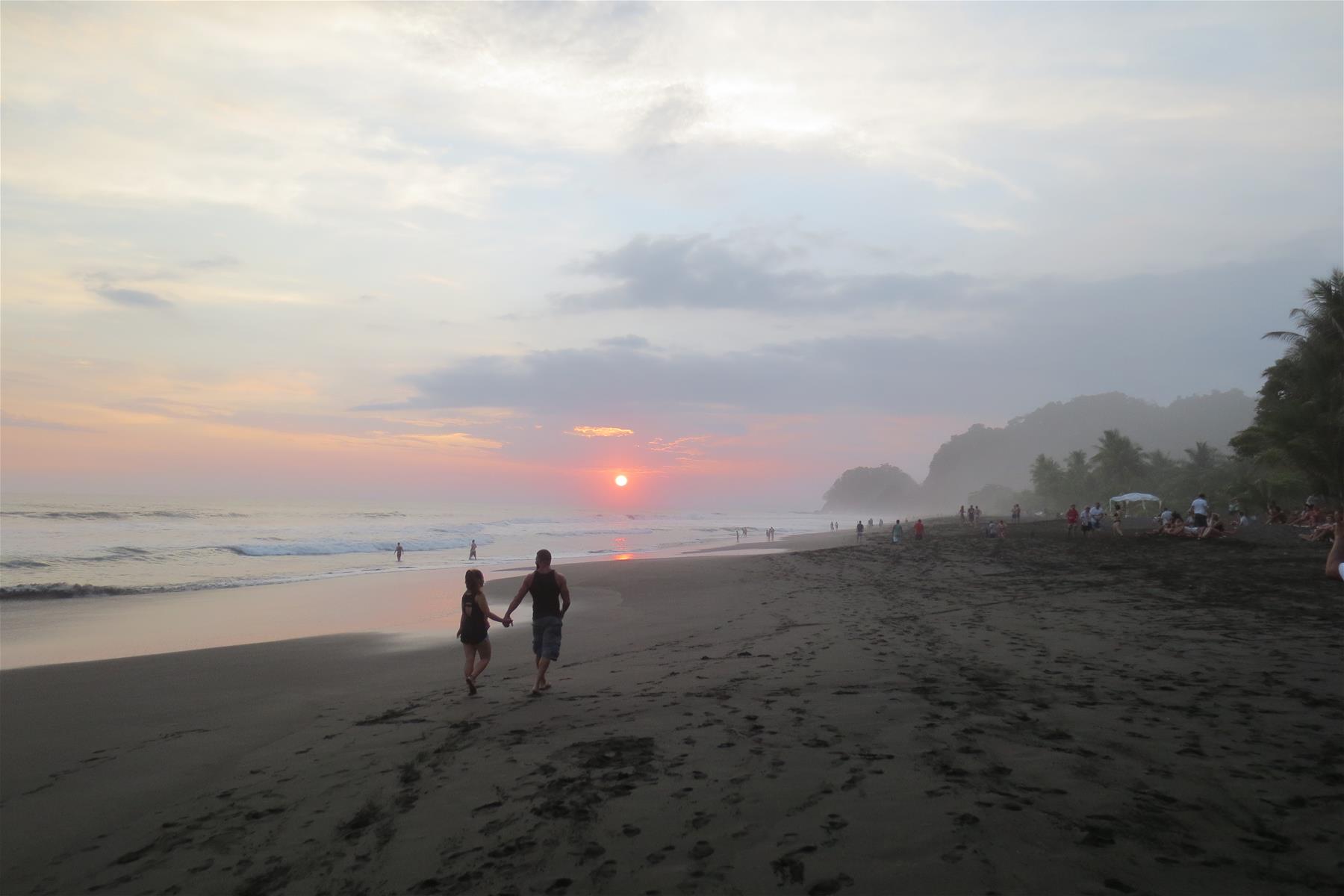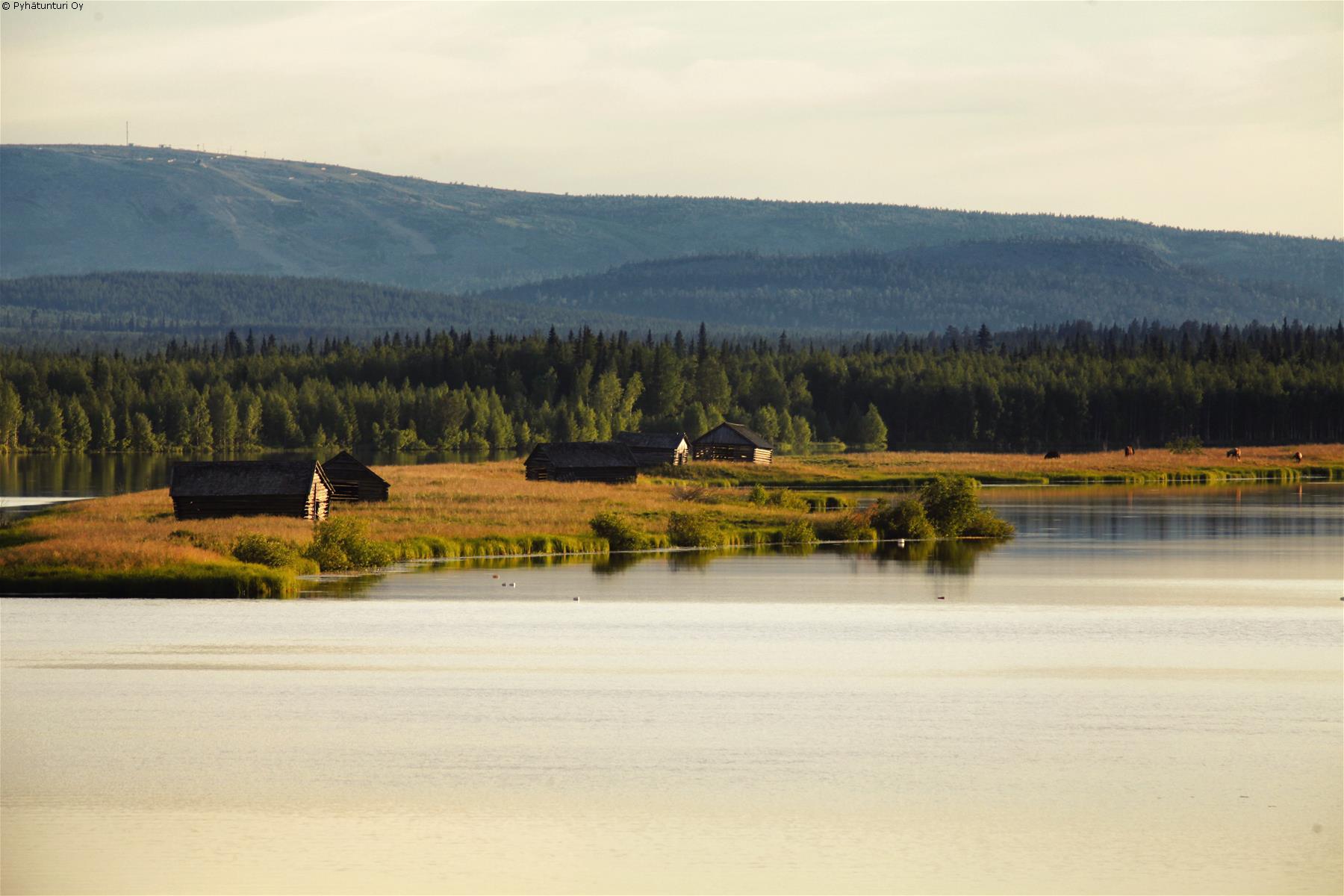Story of the Peaceful Coexistence Colloquiums
In 2015, a group of scholars from different disciplinary backgrounds decided to meet under the Latin American sun with a shared interest to explore the possibilities for research collaboration alongside the tropical beaches and forests. The meeting was organized as a semi-formal colloquium and took place on the campus of United Nations mandated University for Peace in Costa Rica, El Rodeo. The 'Peaceful Coexistence Colloquium', which got its name from the mission statement of the university, was hosted by the Department of Environment and Development and chaired by Dr Pasi Heikkurinen, who at the time worked at the university as an Assistant Professor.

The colloquium was a three-day stretch starting on the 27th of April 2015 and ending on the 29th. The first two days comprised of presentations and discussions on the campus. The colloquium attracted researchers, teachers, and students from all around the world, bringing a great diversity of people with different cultural backgrounds and varying scholarly approaches together. This mixture resulted in a novel, thought-provoking ideas and in-depth discussions ranging from everyday practices to politics and philosophies of our time, inviting everyone to reflect on their assumptions about the world. The friendly-spirited debate continued during the conference dinners at the local restaurants. The final day was reserved for social programme on Playa Blanca next to the Pacific Ocean.

The theme of the 1st Colloquium, 'Genders, Natures, and Technologies in the Anthropocene', was motivated by the notion that while humans can be said to have evolved in many respect, issues of justice and care between humans, as well as with the nonhuman world, are far from being unsolved. In fact, it could even be suggested that the logic and practices of exclusion are today more dominant yet more sophisticated than ever, making them challenging to identify and intervene. Many of the last year’s conference participants might agree that an essential way to tackle the multifarious and increasingly cryptic human processes (for instance the global production of goods and services) that lead to exclusion is closer cooperation. While it may neither be meaningful to try to find the lowest common denominator from the breadth of the viewpoints presented at the conference nor attempt to squeeze everyone in the same conceptual rubric, the intention of ‘inclusion by means of cooperation’ was strongly present in the first colloquium. Moreover, the worth of exploring the potential and limits for peaceful coexistence on Earth (both in practical and theoretical terms), as the name of the colloquium already suggests, may have been acknowledged by most of the participants.
The second Colloquium takes place in the Finnish Lapland in summer 2017. With the theme ‘Reimagining Ethics and Politics of Space for the Anthropocene our aim is to continue the dialogue started in the first conference and also bring new fresh breezes in the discussions.
